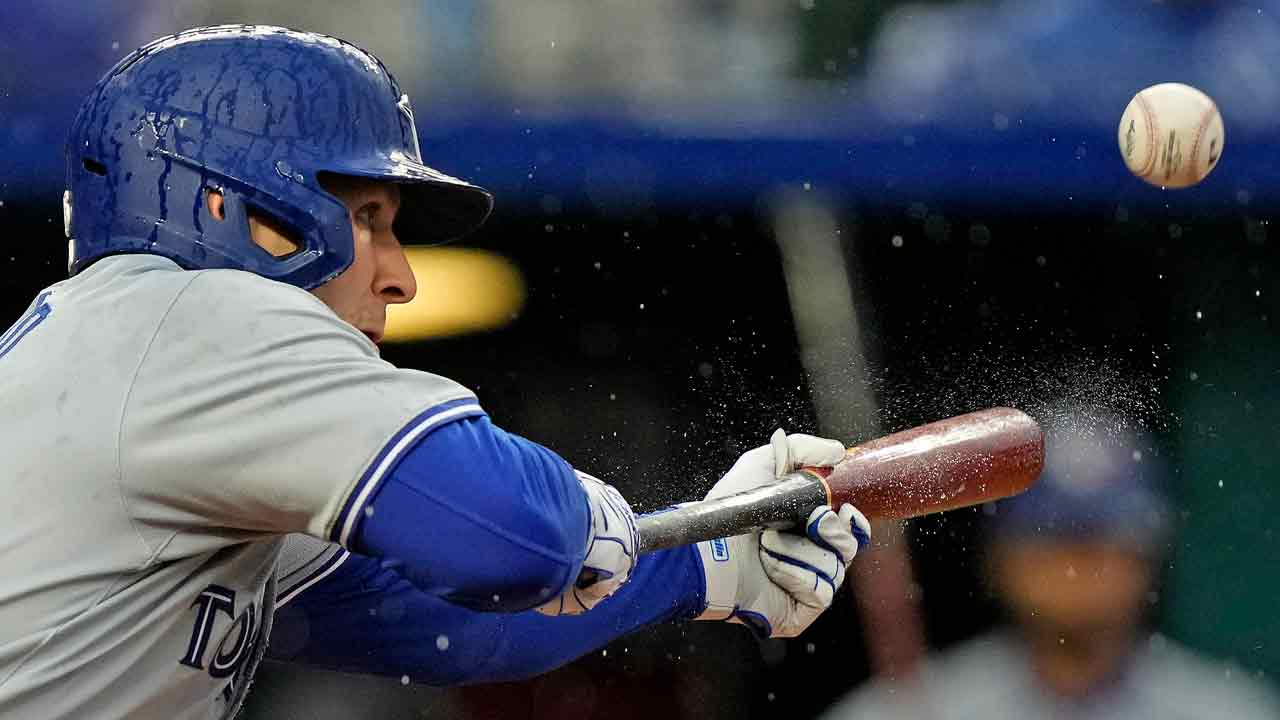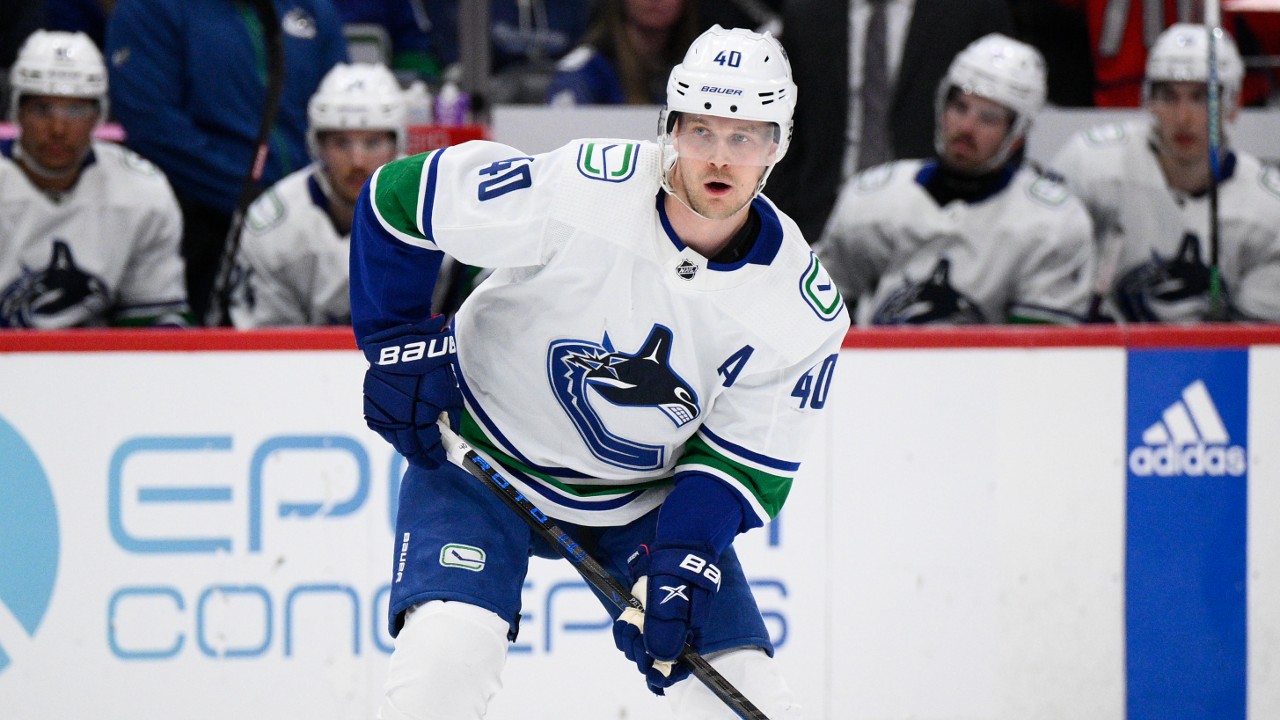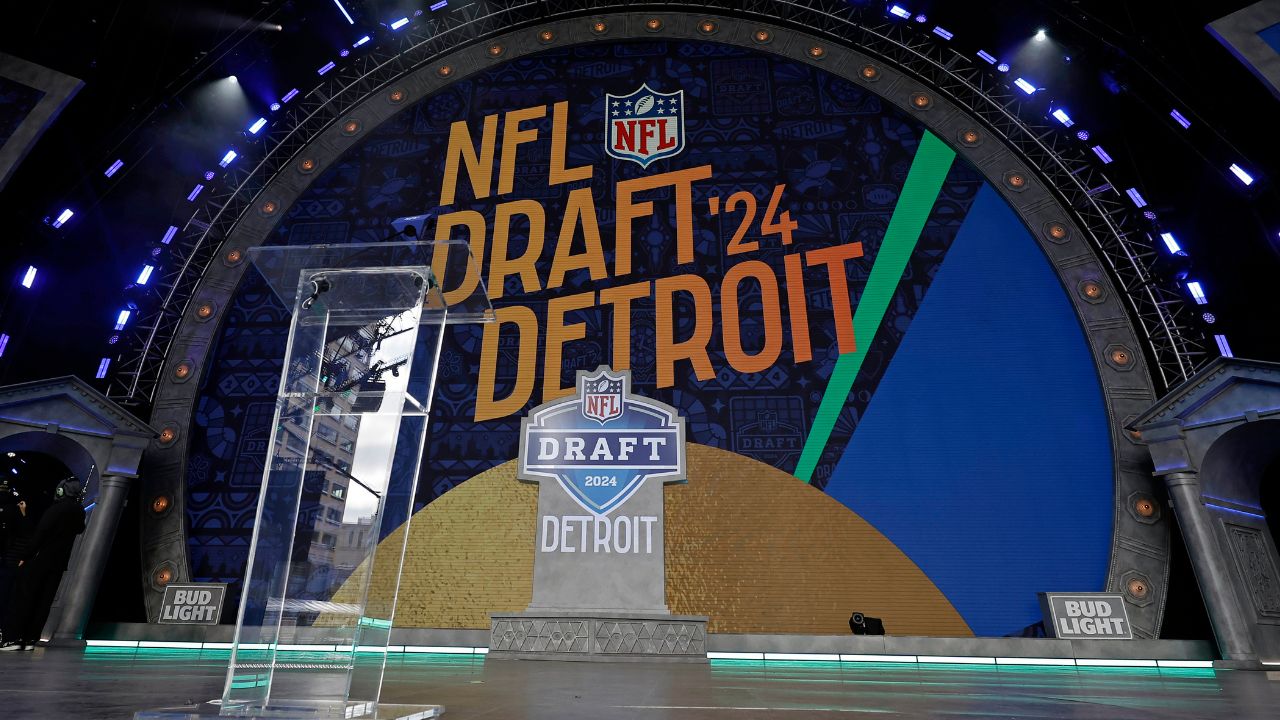
Editor’s note: If you or someone you know is in need of assistance, in crisis or needs someone to talk to, there are many resources available on Canada’s public health website.
MONTREAL — Carey Price released the following statement on Instagram Tuesday:
“Over the last few years I have let myself get to a very dark place and I didn’t have the tools to cope with that struggle. Last month I made the decision to enter a residential treatment facility for substance use. Things had reached a point that I realized I needed to prioritize my health for both myself and for my family. Asking for help when you need it is what we encourage our kids to do. And it was what I needed to do. I am working through years of neglecting my own mental health which will take some time to repair; all I can do is take it day by day. With that comes some uncertainty with when I will return to play. I appreciate all of the overwhelming support and well wishes. I please ask that the media and our hockey community continue to respect our privacy at this time. Your support and respect of this so far has been a critical piece to my recovery.”
One can only assume that typing these 169 words and sending them out into the world had to be one of the hardest things Price has ever done.
But that’s where the assumptions should stop.
There will come a point in time, probably in the near future, that Price chooses to address this further.
But until that time comes, grant him his only wish and respect his privacy.
Don’t spend your time trying to dissect what led the 34-year-old goaltender to this “very dark place” and guessing what substances he used to try to escape it. You know some people who will unquestionably begin to point to his turbulent 15 years with the Montreal Canadiens as a trigger, who will make all kinds of assumptions about his life outside of hockey and about what eventually pushed him over the edge and sent him seeking the help he received over his 30 days in the NHL/NHLPA player assistance program, and you don’t have to be one of them.
Choose to be someone who will help Price recover by doing what he admits is critical to his process. It’s the right thing to do — especially since he was under no obligation to divulge any of this to anyone but those near and dear to him.
It took great courage from Price to recognize he needed help and to submit to the league and PA’s program. To know how intensely private and introverted he is — “a man of few words with everyone,” as Canadiens teammate Jeff Petry put it earlier this week — is to recognize what it must have taken for him to let the world know he was struggling to this degree.
One can only hope that Price’s openness will lead him closer to catharsis.
Perhaps returning to the Canadiens and preparing to resume his Hall-of-Fame-worthy career as quickly as possible will be a part of that process, too.
It’s encouraging to know Price wishes to continue playing, that he felt good enough to return to the Canadiens’ entourage this week and will begin taking steps towards getting back on the ice.
But it’s more important to know that Price isn’t putting that above his mental health, which he said is in need of reparation after years of neglect.
Don’t expect the Canadiens to get in the way of that. While they would love to have Price back in their net as soon as possible, coach Dominique Ducharme has already made it clear over the last 48 hours that he, and everyone in the organization, knows that Pirce will have to go through an elaborate process before that happens.
Ducharme outlined four stages Price would work through. He said the Anahim Lake, B.C., native would start in the gym doing exercises specific to rehabilitation from off-season knee surgery before resuming on-ice work with Canadiens goaltending coach Eric Raymond and then returning to practice and eventually games.
The coach came away from his first meeting with Price on Tuesday feeling encouraged.
“It was good to see him, and he’s doing well,” Ducharme said. “For our players, we are together every day. We have a good group of players and they take care of each other. To see a teammate come back like that is positive for the guys. While he was away, we didn’t hear from him. To see him back and in a good frame of mind, it’s positive.”
Price remaining in one will depend on the steps he continues to take in his recovery, on the support of those close to him and the help provided to him by those he continues to consult with.
He’s made it clear you can play a key role, too, by giving him the space and privacy he needs.




